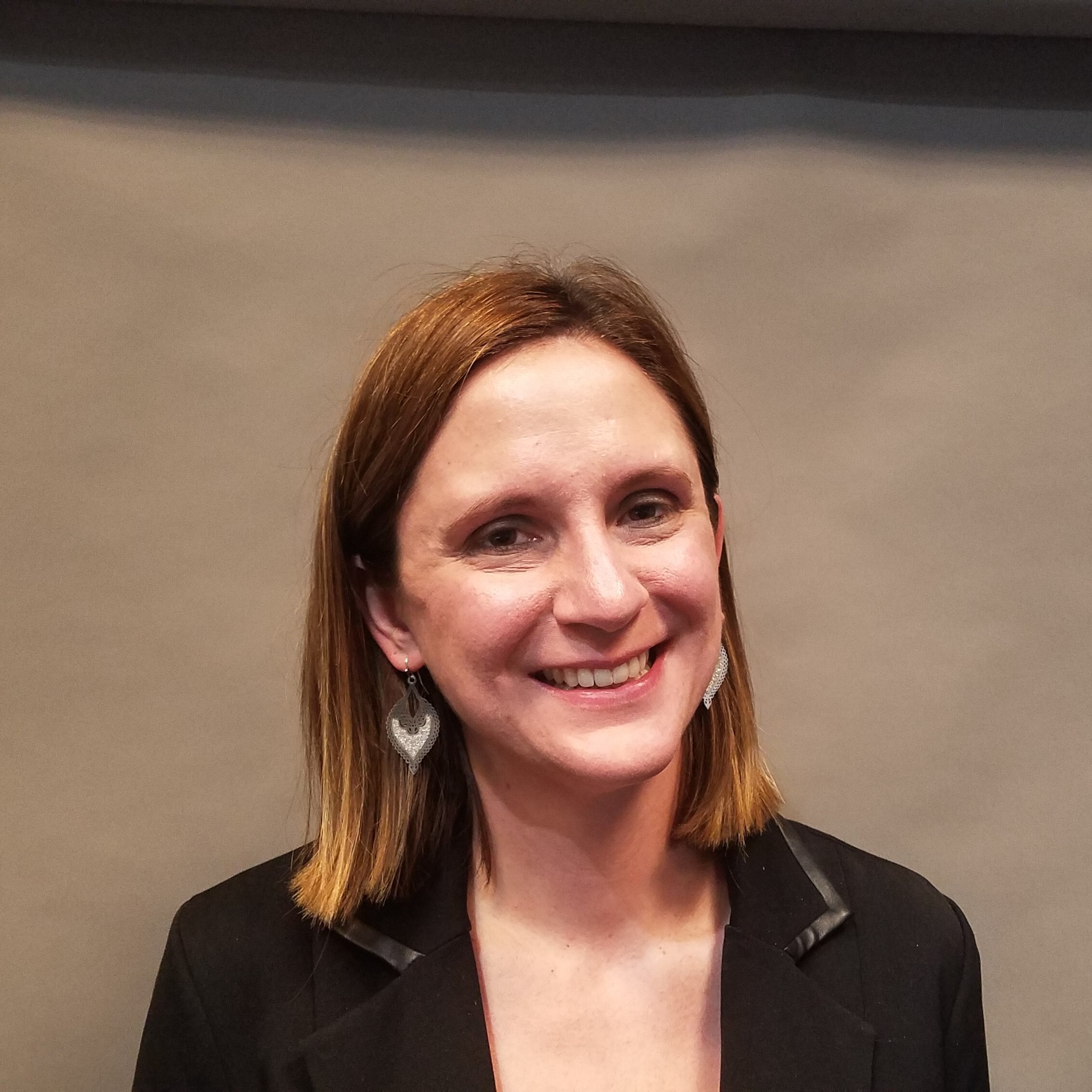With so many people staying home in recent months, city officials say the volume of residential garbage in the Chicago area has been growing. A big part of that garbage pile is recyclable material and food waste.
The city of Chicago has done a notoriously bad job of addressing those last two categories of garbage. Chicago crews (and their contractors) are currently diverting just 8% of residential waste away from landfills, according to the deputy commissioner of the Department of Streets and Sanitation. That’s worse than the 9% rate in 2018, but better than the 7% rate in 2019.
In San Francisco, where composting and recycling are mandatory, the city reports a waste diversion rate of 80%.
When it comes to garbage, Chicago has a lot of the same problems as other cities. But some unique factors were laid out in a 2018 Better Government Association investigation. The BGA found that Chicago recycling contractor Waste Management rejected recycling bins as contaminated 20 times more often than other city waste contractors. These rejected bins then had the potential to be redirected to landfills owned by Waste Management, allowing them to be paid twice for the same bin of waste.
Responding to the BGA investigation, Mayor Lori Lightfoot told WBEZ, “That kind of conflict of interest shouldn’t exist.”
This week, WBEZ learned that the conflict has not been removed from the Waste Management contract with the city. Instead, department officials met with the company to simply clarify city guidelines on contamination.
All these issues, along with aldermanic calls for investigations of Waste Management earlier this year, keep driving more questions about waste issues from Curious Citizens. So we are going to tackle three recent ones here.
Before the pandemic, we convened a panel of experts on the topic with the aim of identifying the best solutions to Chicago’s waste woes. You can hear the whole 1-hour lunch discussion moderated by WBEZ Environmental Reporter Jerome McDonnell here. But we’ve plucked out excerpts from that discussion to answer this week’s questions below.
Who is working to improve recycling in Chicago?
Many people are working on the issue in Chicago, including our panelists, who come at waste diversion from different angles.
Jennifer Walling advocates for more sustainable policies as executive director of the Illinois Environmental Council.
Ken Dunn has been running recycling, urban agriculture and composting programs through the Resource Center for 50 years.


Camille Fiess works to be a conscious consumer, composter and recycler as a Chicago resident.
Daniel Lurie works on policy issues for the city of Chicago as Lightfoot’s chief of policy.
Note: We invited Waste Management to join the conversation, but the company declined.
Why is Chicago so bad at recycling?
Panelists discussed a lot of reasons behind the city’s waste diversion woes, including contractual conflicts of interest identified by the BGA, public cynicism after several confusing iterations of recycling programs and no municipal composting. But these were three problems the panel zeroed in on.
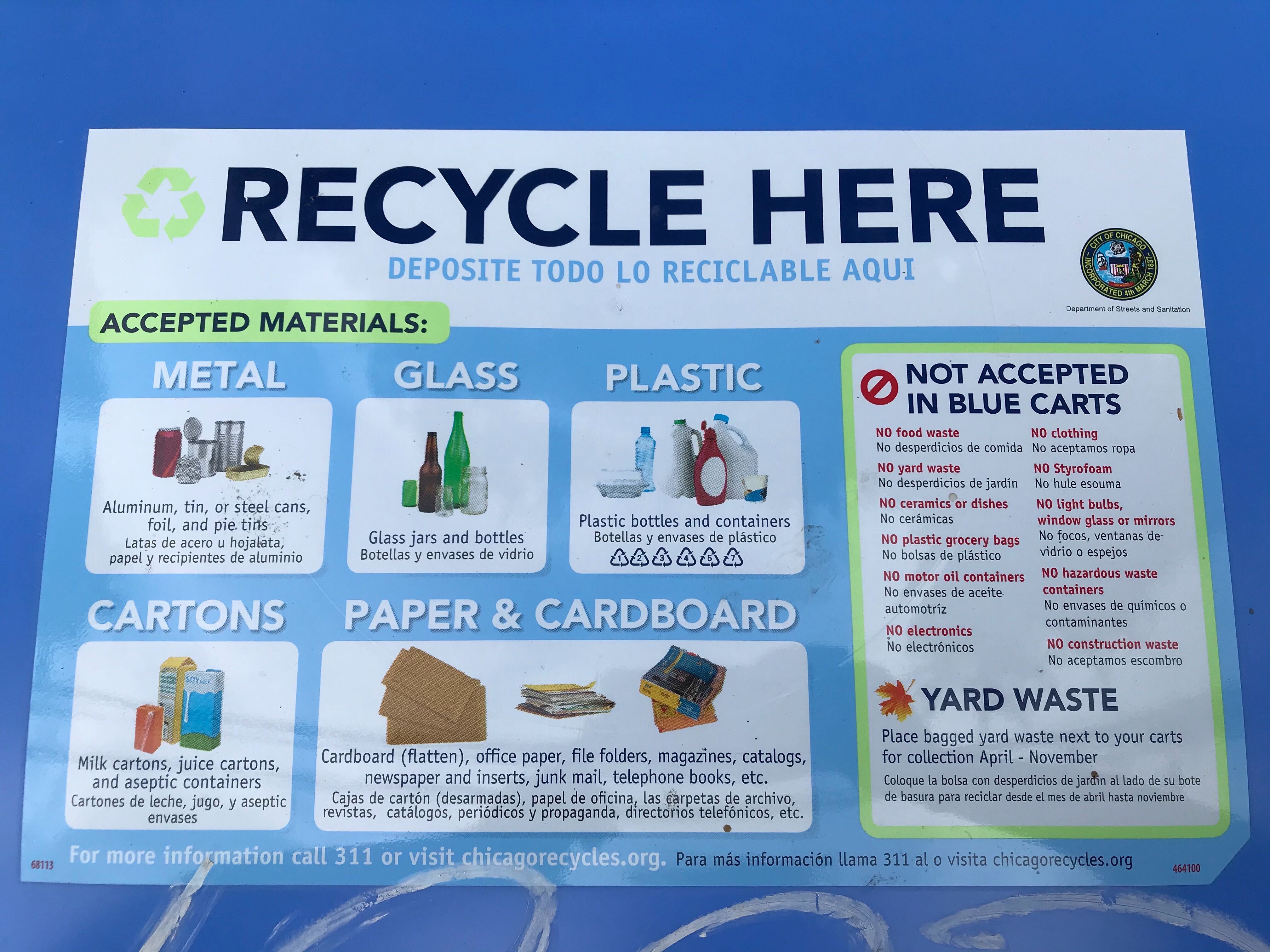
No clear goals: “Right now there are no stated landfill or waste diversion goals by the city — and we’re one of the largest cities of the nation,” says Jonathan Pereira, executive director of Plant Chicago. “Lots of cities, including Phoenix, already have these in place. Other cities and municipalities look toward Chicago, and we have to lead on this.”
Inadequate education: “Consistent and constant information is not available from the city and state right now,” says Jennifer Walling, Executive Director of the Illinois Environmental Council. “When we passed the [grocery] carryout bag fee, we had asked for some of that money to be dedicated to education and some of that happened, but there needs to be more.”
Contamination from mixed materials and with non-recyclables: “When [broken] glass, for instance, is collected with anything else, it contaminates it,” says Ken Dunn of the Resource Center. “Paper gets glass shards embedded into it, and it can even contaminate metal. What the multinationals have been doing until this year was sending [contaminated bales of recycling] to China, but China decided they didn't want our garbage anymore so they ended that.”
Haulers consider recycling materials contaminated when they are damaged — like paper that is wet or embedded with glass — or when the load contains too many non-recyclable items.
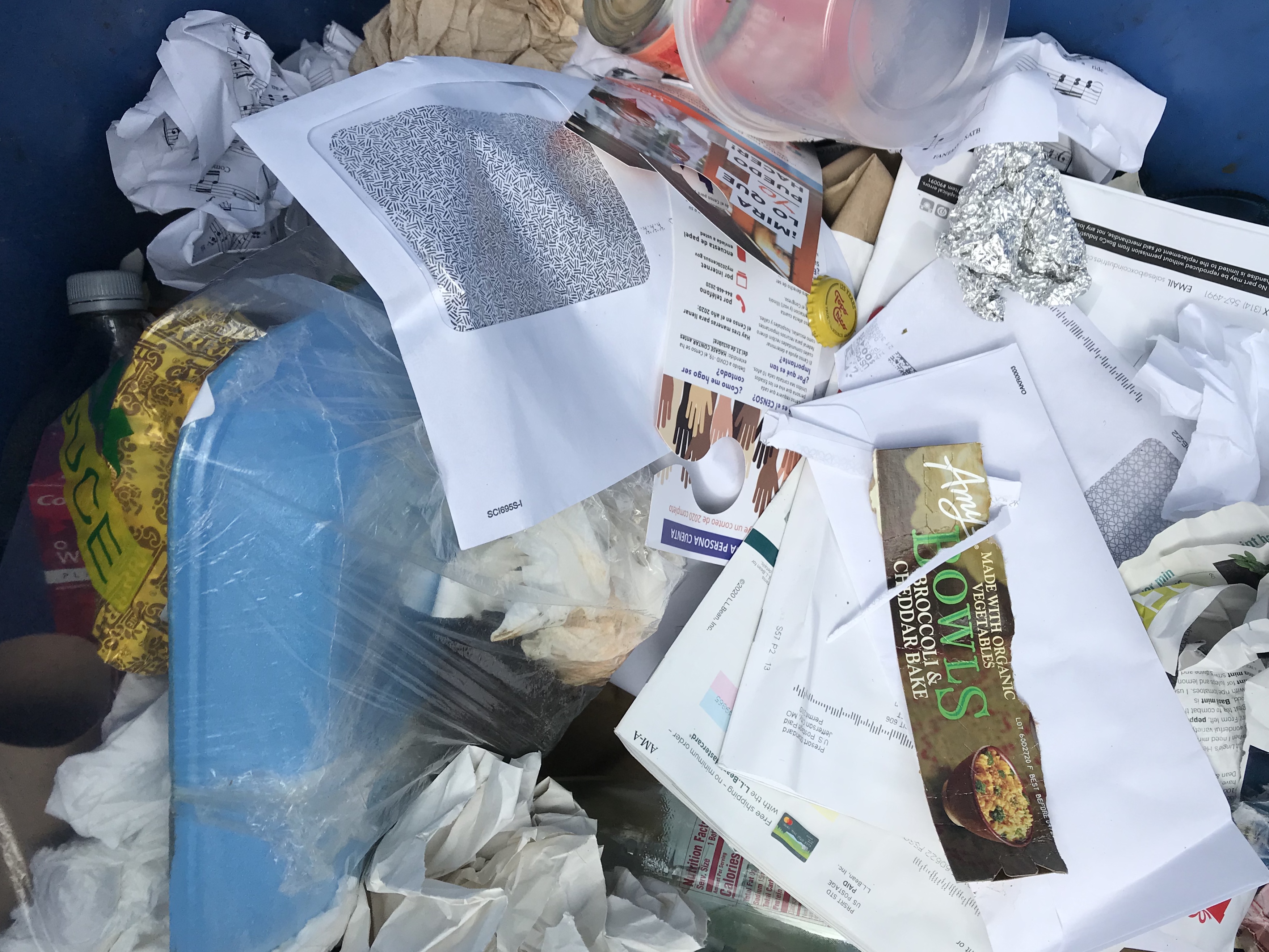
How can we be better?
Municipal goals for waste diversion: “Planning on this issue is step one,” says Jennifer Walling of the Illinois Environmental Council. “Statewide, counties are the bodies that are usually responsible for planning, but Chicago does its own planning. So local planning in Chicago is essential for setting up that goal.”
Municipalities across the nation but as close as Evanston have zero-waste goals as part of their government plans.
Return to presorted recycling: “People can do it, and they have,” says Ken Dunn of the Resource Center. “We have been using the three-part separation [glass, metal and paper] for 50 years.”
Incentivize communities by using recycling to fund local programs: “When I ran the recycling program [under Mayor Harold Washington], we did this,” says Ken Dunn of the Resource Center. “One block might support their block club, or a church or school and … we gave them 20% of the value of the recyclables collected in that area. So the recipient organization would tell the community we really need you to recycle because it helps the local block club, or whatever the organization. … So this should be considered again as a tool to get 100% recycling participation.”
Decentralized composting: “Scholars from UIC found that if you took the whole city and used decentralized composting — meaning a mixture of backyard and drop-off sites there is an opportunity to divert up to 25% of the food waste in the city,” says Jonathan Pereira of Plant Chicago. “And when you see that over 20% of the material we send by weight to the landfill in the Chicago region is food waste, that’s a huge opportunity, especially since the city is now paying for the disposal and hauling of that food waste. Right now there is a money saving that could be used to reinvest to support more community composting operations or backyard composting.”
This plan would support backyard composting, but also launch food scrap drop-off stations all over the city in places like public parks.
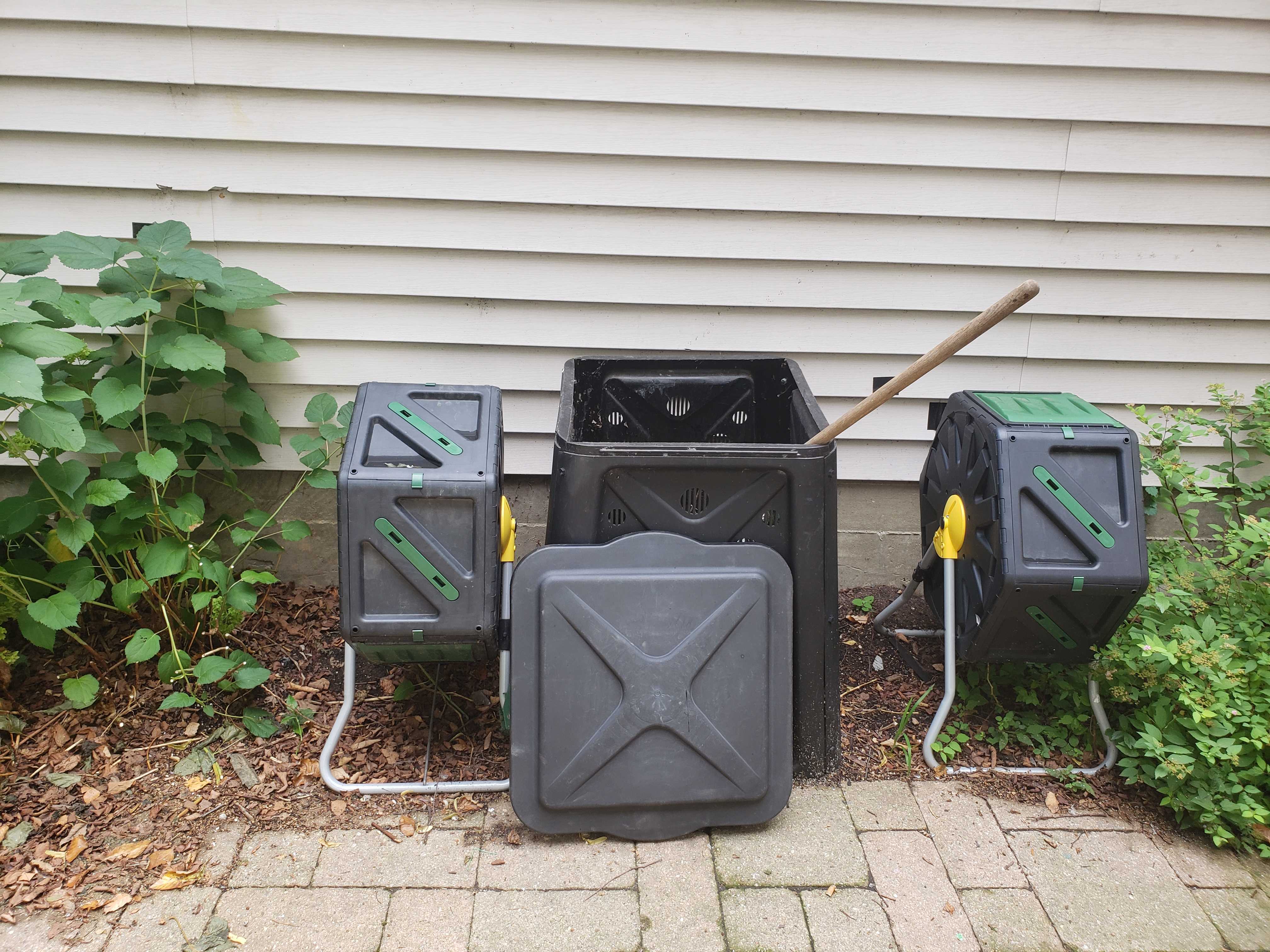
Container deposit: “States that have this process see high rates of recycling. Some pay 90% of the deposits back [because people return them]. … I think retailers are getting more interested in the idea because it can cause foot traffic in the store in a time when more people are shopping online.”
Under this plan, stores would collect an extra fee when you buy a bottled or canned beverage, but you could get your money back if you returned the container. But Walling noted that these proposals face opposition from beverages companies — who resist in-store price hikes on their products — and can also be unpopular with recycling waste haulers who could lose out on collecting valuable aluminum cans.
An affordable public education campaign: “The city could post information about recycling in the CTA, buses and trains. You have a captive audience,” says panel guest and Curious City questioner Camille Fiess. “[In the meantime], people can also get a bit of education by checking out the [Curious City] episode related to recycling that has several tips on what should and should not be recycled in Chicago.”
Is there a place where I can take my kitchen scraps for free composting?
Right now, there aren’t a lot of great free options in the city. But during the panel discussion, the guests voted for decentralized composting — which would create free options — as the most promising single solution.
The mayor’s chief of policy Daniel Lurie was especially enthusiastic.
“I was certainly aware of food waste but did not know what a significant portion of the total waste stream it was,” Lurie said. “So composting is in my top three. … Hearing what is being said around the table about how it could reduce cost to the city, reduce waste and make [the compostable material] more part of the local economy is something the city is absolutely interested in.”
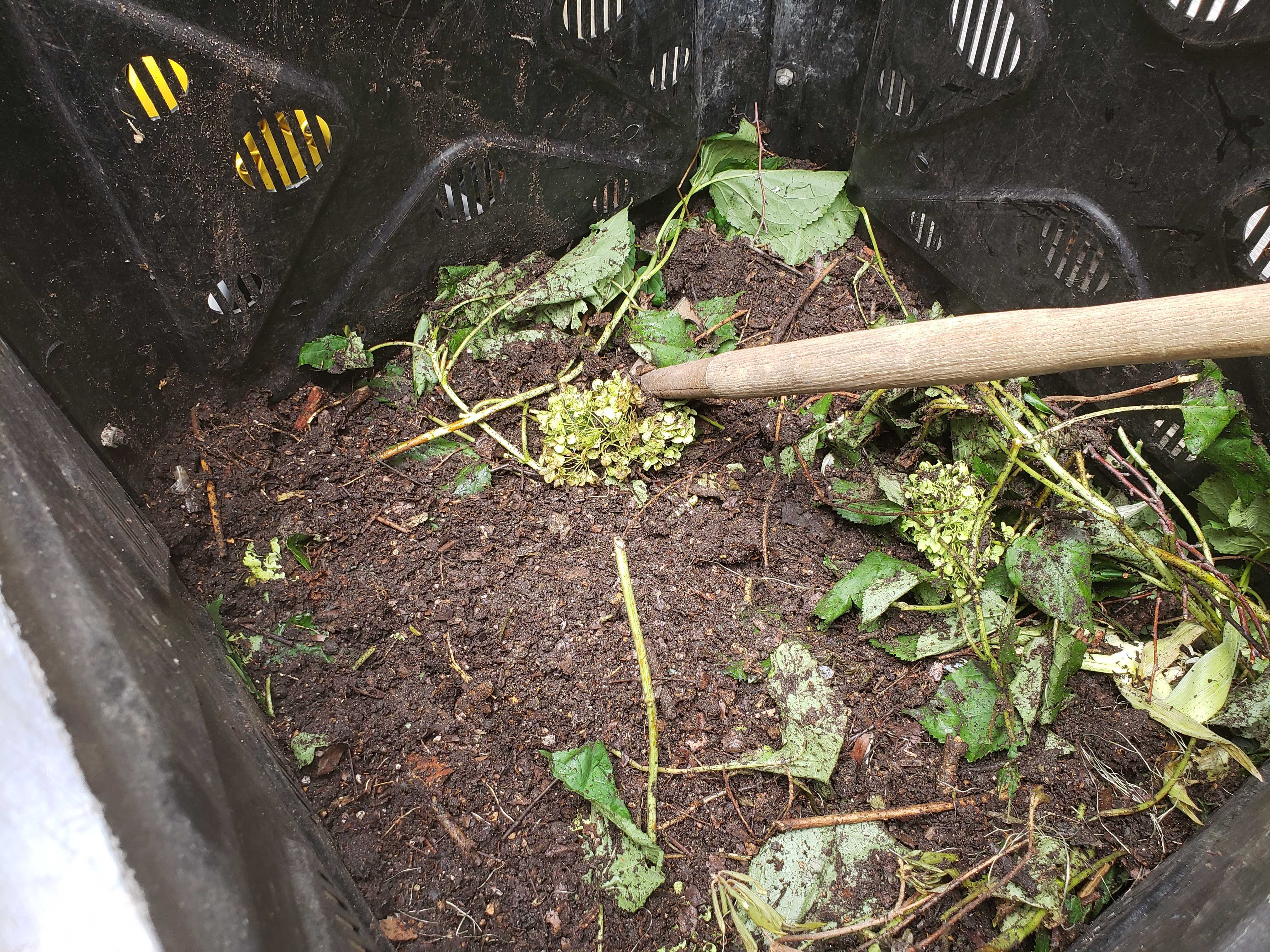
Eight months later, though, the city has still not launched any sort of city sponsored composting program, although Streets and Sanitation officials say they are looking at it as they review the larger waste program.
The good news for compost enthusiasts, though, is that the private sector is partially filling in the gap. Companies including Collective Resource, Block Bins, WasteNot Compost and the Resource Center now all offer community bins for compostable waste that neighbors can share. They are offered at a relatively low cost or on a sliding scale, and all are picked up on a regular basis for composting as opposed to being composted on site.
For a higher fee, Chicagoans can hire companies like the Urban Canopy, Healthy Soil Compost, WasteNot Compost and Collective Resource to do residential compost pickup to bring food scraps to drop-off sites like farmers markets.
And finally, some community gardens allow neighbors to bring in their organic scraps to feed the garden’s compost pile during certain hours. Check in with your local community gardeners.
Here’s what has and hasn’t changed since our panel:
This roundtable discussion happened near the end of 2019. But when we checked back in with city departments and the mayor’s office this week, we asked some follow up questions and found the following:
Is the city reevaluating the whole program?: Yes. In January, Lightfoot called for an examination of the recycling program. But the report is still in the “assessment” phase, and it won’t be available to the public until the end of the year.
Did the city launch decentralized composting?: No, but Streets and Sanitation officials say it’s “definitely an option on the table” as they review new solutions.
Did our waste diversion rate get better?: Yes. This year’s 8% diversion rate is better than last year’s 7%. But the year is only half over.
Did the city get rid of the “conflicts of interest” the mayor said should not exist in the Waste Management contract?: No. But Streets and Sanitation Deputy Commissioner Chris Sauve says, “We've had conversations with [Waste Management] about specific processes for determining contamination.”
Did those “conversations” translate into less recycling going to the dump?: Sauve says the answer is, “yes,” and that only 6,500 recycling carts went to the dump in the first half of 2020. They reported 29,238 total in 2019 and 51,640 in 2018. Officials say Waste Management continues to do the majority of the tagging among the three entities that collect recycling for the city.
More about our question asker:
Phillip Elson was born in Fort Worth, Texas, but came to Chicago more than a decade ago to attend Columbia College. He is a dance artist who works with the modern dance company the Seldoms, which looks at modern topics through theater and movement.
“We make dance productions about issues like the environment, politics and the recession of 2008,” he says. “By exploring a lot of these topics through art, it has deepened my commitment to be a better, more informed citizen.”
He said his favorite solution would have been restructuring the Waste Management contract.
“I understand that it’s complicated,” he says. “But it seems like where there's a will there's a way and there are enough people putting up a fight to do the right thing.”
Monica Eng is a WBEZ reporter. Write to her at meng@wbez.org.
Jerome McDonnell covers the environment and climate for WBEZ. Follow him @jeromemcdonnell.

